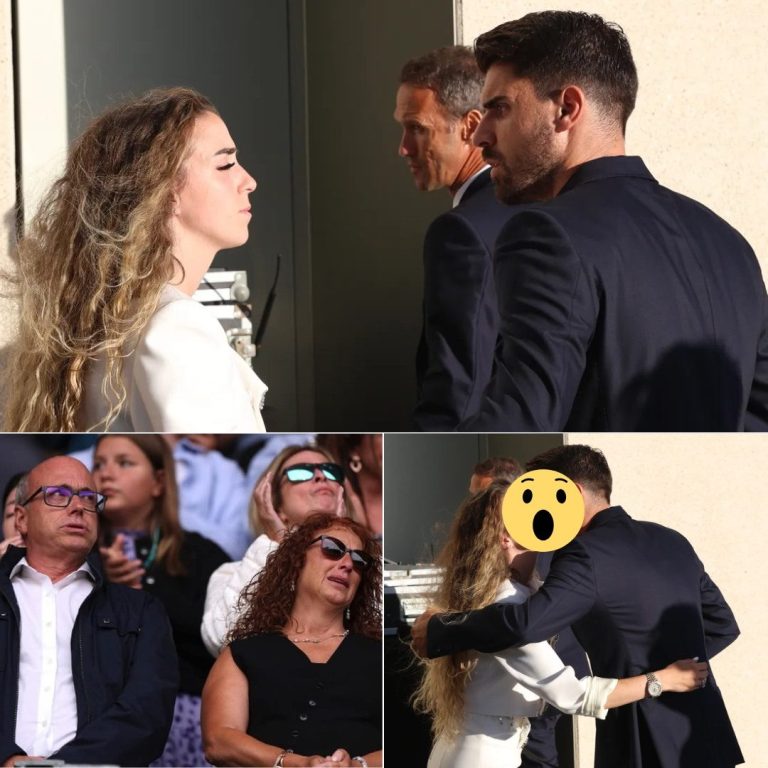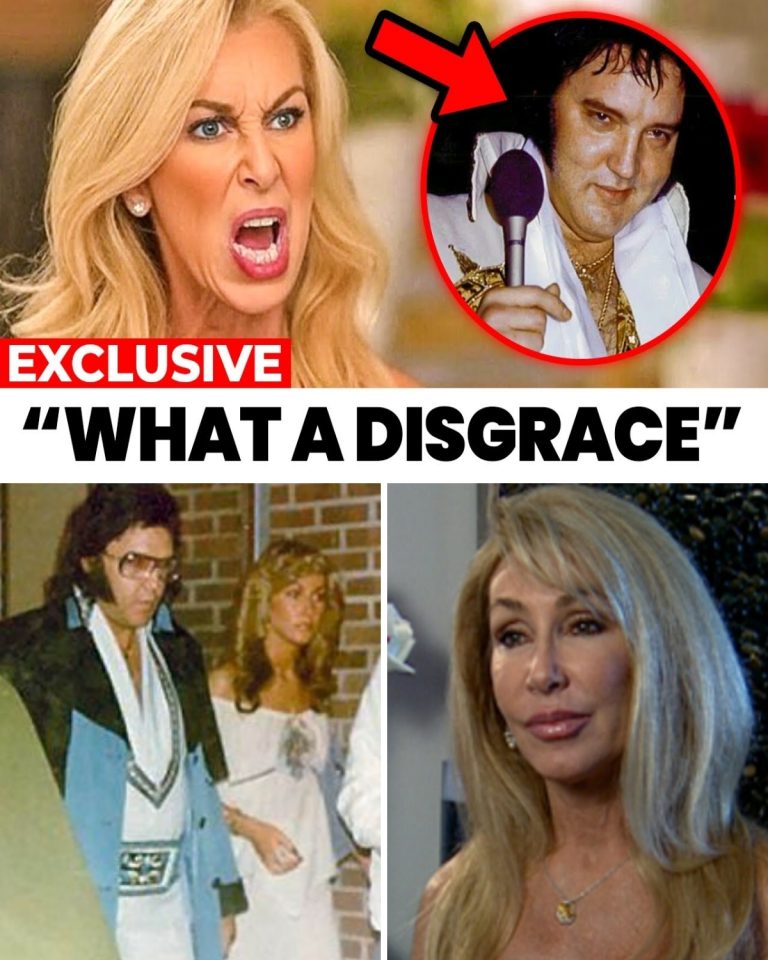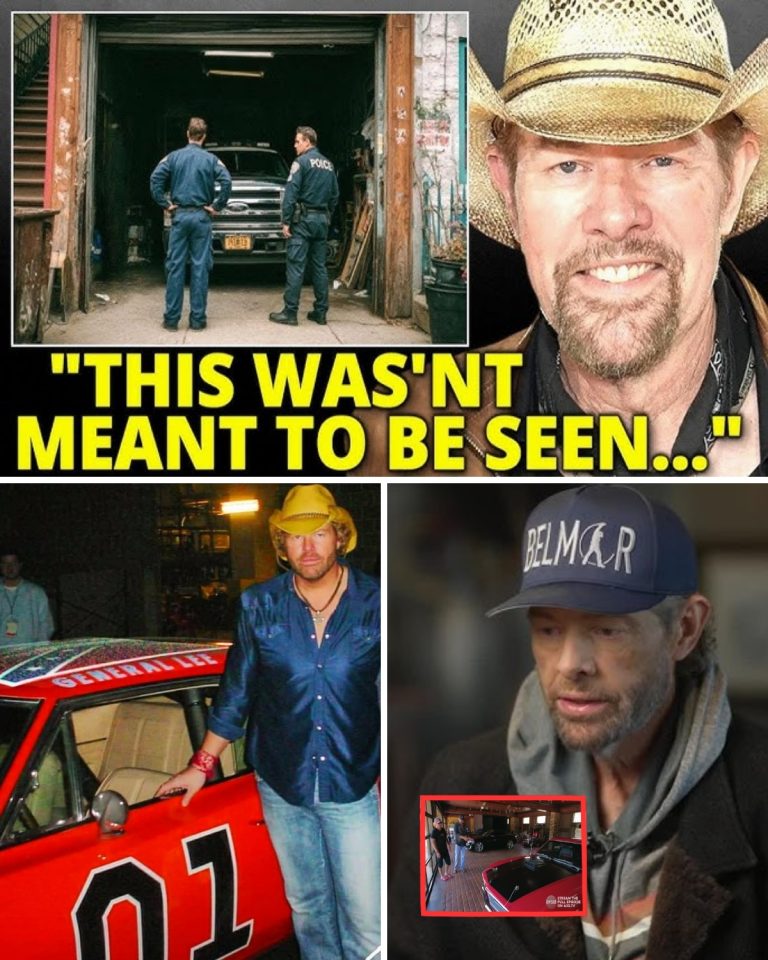The breakup of The Beatles has been dissected for over half a century—blame placed on creative rifts, business disputes, and egos too big to share the same stage. But now, in a revelation shaking the music world, fresh light has been cast on George Harrison’s haunting foresight. Long before the band’s official collapse, Harrison, the so-called quiet Beatle, recognized that the chemistry that once fueled their genius had shifted. The catalyst? The moment Yoko Ono stepped into their sacred creative space.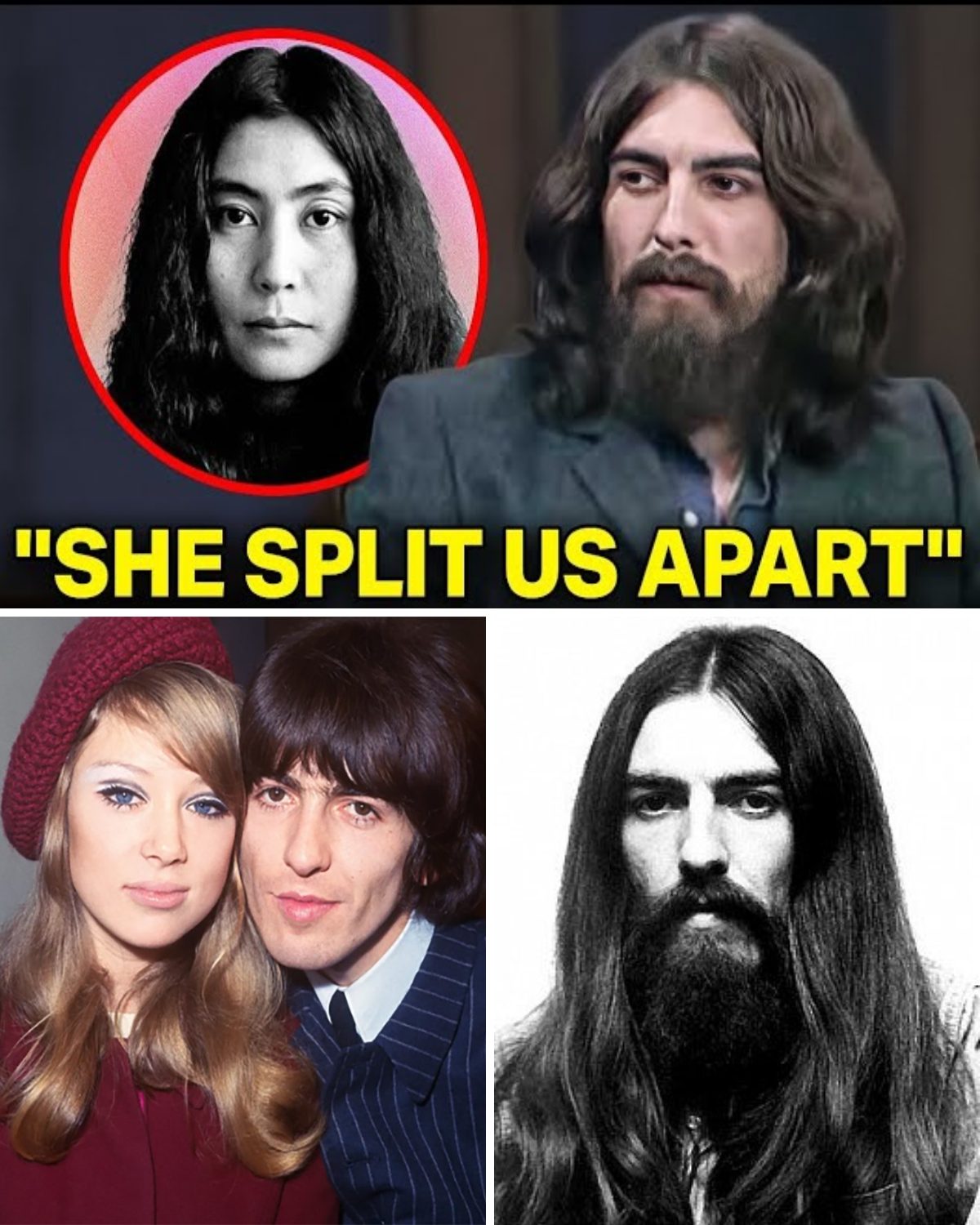
Harrison was never one for theatrics, never one to shout louder than Lennon or McCartney. Yet, those close to him recall a piercing clarity in his private reflections. “When Yoko came into our world, things changed,” he admitted, years later. What he saw was not mere jealousy or gossip fodder, but a symbolic fracture—the delicate balance of trust, brotherhood, and unspoken rules being irreversibly disturbed.
For years, the Beatles had thrived in their self-contained bubble. Their recording sessions, though chaotic at times, were a brotherhood bound by sound—each man a pillar propping up the others. But when John Lennon began bringing Yoko into rehearsals and recording sessions, Harrison sensed the unthinkable: the end of that sanctuary. “We all had our partners,” he once lamented, “but none of us brought them into the studio. That was ours. When that changed, the energy shifted.”

The White Album sessions exposed the cracks for all to see. McCartney’s relentless perfectionism collided with Lennon’s distracted detachment. Tensions soared, sarcasm filled the air, and Harrison himself retreated into writing songs that rarely saw daylight against the towering Lennon-McCartney machine. Yet, it was not bitterness alone that pushed him away, but the realization that the spell was broken.
And still, Harrison never attacked Yoko. Those who knew him insist his frustration was not rooted in cruelty toward her but in the symbolism she represented. Yoko wasn’t the cause—she was the signpost. Her presence embodied Lennon’s withdrawal from the collective, a shift that left Harrison and McCartney stranded on opposite shores.
By the time the Let It Be sessions unfolded under the cold glare of cameras, the endgame was obvious to Harrison. The world watched fragments of camaraderie dissolve into bickering. He even walked out temporarily, a shocking but telling move that underscored just how far things had slipped. “George didn’t hate Yoko,” a friend recalled. “He just knew the equation had changed. And once it changed, it was never going back.”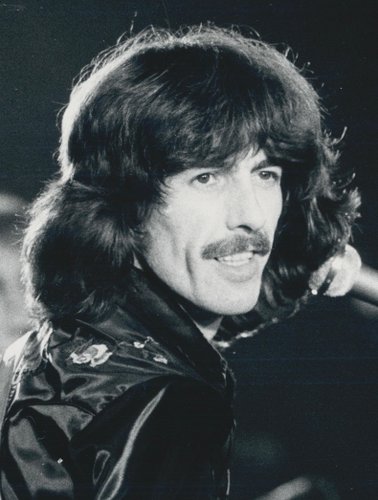
While McCartney fought desperately to keep the ship afloat and Lennon drifted further into Yoko’s orbit, Harrison quietly detached. He poured himself into spiritual pursuits, leaned on friendships with Bob Dylan and Eric Clapton, and hoarded a vault of songs that would later explode into his solo masterpiece, All Things Must Pass. Where others clung or lashed out, Harrison simply accepted the inevitable.
On August 16, 1977, the world mourned Elvis Presley. Just eight years earlier, in 1969, the world had mourned something else—the Beatles as a band. But Harrison had mourned it long before, in silence, when Yoko first crossed the studio threshold.
Today, with retrospectives reexamining every corner of Beatles lore, Harrison’s quiet prophecy rings truer than ever. He didn’t pen manifestos or storm out in rage. He simply saw what others refused to admit: that the fragile threads binding four young men from Liverpool could not survive fame, egos, and the new forces pulling them apart.
✨ In George’s silence lies the loudest truth of all: the Beatles ended not with a bang, but with the quiet recognition that their world had already shifted. And Harrison, the one most often overlooked, saw it coming before anyone else dared to whisper it.
